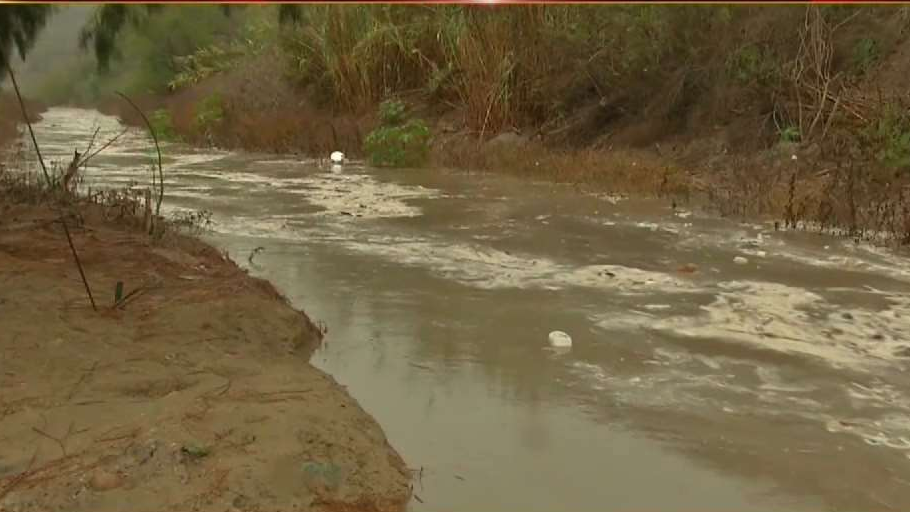California's commercial chinook salmon fishing season will be called off again after a record low number of the fish returned to the Sacramento River to spawn last year, federal fisheries managers announced Wednesday.
The decision by the Pacific Fishery Management Council will almost completely curtail commercial fishing in Oregon as well, but allows the sport and commercial seasons in Washington to proceed at an almost normal level.
The halt to California's salmon fishing season marks the second year in a row that the council has completely halted commercial angling for natural and hatchery chinook or "king" salmon. Last year's cancellation was the first ever.
A 10-day sport season in California will be allowed from Eureka to the Oregon border from Aug. 29 to Sept. 7, said Chuck Tracy, salmon staff officer for the council.
In Oregon, regulators will allow 11,000 coho salmon to be fished in September. But chinook salmon can only be caught off the northernmost area of the Oregon coast near Washington.
The council will now forward its decision to the National Marine Fisheries Service for approval before May 1.
Chinook salmon hatch in freshwater streams and rivers, then migrate to the ocean where they feed and grow, only to return to spawn in the fresh waters in which they were born.
Local
King salmon populations returning to the Central Valley to spawn in 2008 continued a precipitous decline seen in recent years. The council estimated that 66,264 salmon adults returned in 2008 to the Sacramento River. The estimate was down from 90,000 in 2007, which had dropped from a high of more than 750,000 adult salmon counted in 2002.
The Sacramento River chinook run often provides the bulk of salmon caught off the coasts of California and Oregon. Returns in the Klamath River, the next big salmon spawning river north of the Sacramento, were higher overall but still fewer than expected.
A number of factors are cited to explain the salmon decline in California. In the Sacramento Delta, many blame the large pumps used to move water around for farming and other uses. Others say ocean changes due to greenhouse gas pollution also are producing less food for the fish.
While the decision angered some fishermen, others said they were prepared for the season to be called off, and hope the actions will improve their livelihoods in coming years.
"It's better off sitting out this season, then looking at good projections for next year," said Zeke Grader, executive director of the Pacific Coast Federation of Fishermen's Associations, an industry group.
Still, any optimism for a better salmon run next year was tempered by the reality of how devastating a third year without a salmon season would be to California's fishing communities, especially on the north coast.
"If there's a third year, I'm not sure we'll have a salmon fishing industry anymore," Grader said.
Salmon return forecasts in the Sacramento River are expected to double next year to about 122,196, a mere 196 fish above the number biologists say are needed to sustain the population. That means that only 196 fish could be legally caught.



